In this episode of What Could Possibly Go Wrong?…
Inside a county clerk’s office in Colorado in July, where officials gathered to recount Republican primary votes ahead of this year’s midterm elections, as reported by Reuters, dozens of angry election watchers pounded on the windows, yelled at vote counters, and recorded the incident with cell phones.
In addition, El Paso County Republican clerk Chuck Broerman told Reuters that a group in the hallway prayed for “evil to descend” on the “election team,” adding: “It’s astonishing to me to hear something like that.”
The election “watchers” showed up to observe a recount of votes for four Republican candidates who claimed the primary was fraudulent in a contest where they faced other Republicans.
The group of protesters, holding “Stop the Steal” signs, the slogan used by former President Donald Trump and his loyalists, demanded that El Paso County get rid of its voting machines. (No word if MyPillow dude Mike Lindell showed up with a special promo code.)
Reuters said interviews with more than two dozen election officials, as well as representatives of groups that remain convinced that the 2020 presidential election was “rigged” and “stolen,” as Trump continues to claim at every self-created opportunity, revealed an intensifying grassroots effort to recruit “Stop the Steal” activists, heightening alarms that the “disturbances” could be a harbinger of things to come in the November elections and the 2024 presidential election.
Of concern to election officials is the potential of the “Stop the Steal” campaign to further deepen distrust among Republican voters, along with continued harassment of election workers and outright threats. But remember, the goal of the Democrat Party is not to make it easy to vote; it’s to make it easier to cheat.
Other examples, via Reuters:
Election officials in three other states — North Carolina, Arizona and Nevada — reported similar incidents. In 16 North Carolina counties alone, officials noted unusually aggressive observers during May’s primary elections, according to a state election board survey. Some attempted to take photographs of sensitive voting equipment or intimidated voters at polling places, in violation of North Carolina’s election laws.
During early voting in Arizona’s Pima County, an election observer was told to put away binoculars; another was caught looking at private voter data, and another was asked to stop making comments about “fraudulent elections,” according to a September report by the county recorder’s office reviewed by Reuters. State law forbids voter intimidation and obstructing election workers.
Pima county recorder Gabriella Cazares-Kelly said her election staff received multiple complaints from voters that individuals were shouting at them from outside the 75-foot circumference around polling stations, where interaction with voters is banned. “The concern is it makes them feel unwelcome,” said Cazares-Kelly.
In Nevada’s Washoe County, people with night vision goggles stood outside the registrar’s building and aimed their cameras at election workers counting votes on primary night in June, two Washoe County officials told Reuters.
While poll watchers have been an important part of attempts to eliminate voter fraud since the 18th century, they’re also regulated by state and local laws, noted Reuters. Observers from both parties keep an eye on voting and ballots cast, and also typically monitor each other.
Now, 2020 “election deniers” groups, as it were, have recruited thousands of election observers, most of whom demand significant changes to voting processes, including how votes are counted. Among their demands is the elimination of voting machines and a return to hand-counted paper ballots. The concern is how those demands will impact the actions of poll watchers.
Al Schmidt, a former Philadelphia city commissioner who received death threats after the 2020 election for refuting claims of voter fraud told Reuters:
It’s a real concern. If these people show up to the polls with the intention of disrupting voting from taking place, then I can’t imagine a worse threat to democracy than that.
A bit hyperbolic, Mr. Schmidt — although major “disruptions” could turn people away from polling stations.
Sandy Kiesel, who heads the Election Integrity Force in Michigan, said her poll “challengers” will be trained to be “polite, respectful and to obey the law.”
We’re not about trying to hassle poll workers. It’s about transparency. If we can all see what’s going on, maybe we wouldn’t have these arguments whether elections are free and fair.
Fair enough.
However, members of the group in early August instructed poll workers and watchers to call 911 and contact sheriffs to involve law enforcement in election-related complaints instead of election officials.
In a rural North Carolina county, noted Reuters, as voters cast ballots in May’s primary elections, “aggressive” observers demanded to inspect voting machine tabulators in violation of state election laws. Others repeatedly grilled poll workers or demanded to take pictures inside voting stations. When told to stop, they said they were following guidance from a Republican Party lawyer, according to Henderson County Election Director Karen Hebb.
It was stressful. If we refused to let the observers do something, they said you know you can be sued if you don’t allow us.
Yet Kissel insisted her group would doesn’t endorse breaking rules or election laws:
We’ve always been very careful to tell people to be very polite and considerate. This isn’t a war where we want people to get thrown out.
And the song remains the same.
The Bottom Line
While a majority of voters — including Republicans — want to move on from the fixation with the 2020 election and its aftermath, it’s a sure bet that Donald Trump is not going to let that happen. Recent polling, fundraising numbers, and actions of Republican statehouse leaders have suggested that while Trump continues to fixate on 2020, others have reached a limit.
On the other side of the aisle, a recent Pew Research survey found that 63 percent of voters say the winner of a presidential election should be determined by the nationwide popular vote, while 35 percent favor keeping the current Electoral College system. Incidentally, one wonders if Democrats would have demanded the elimination of the Electoral College in 2016 if Trump had won the popular vote and Hillary, the EC vote. (See: “blatant hypocrisy.”)
Everything considered, sparks will undoubtedly fly in the aftermath of the November midterms, and only God knows what will happen in 2024. We’re going to need a lot of popcorn in both cases.
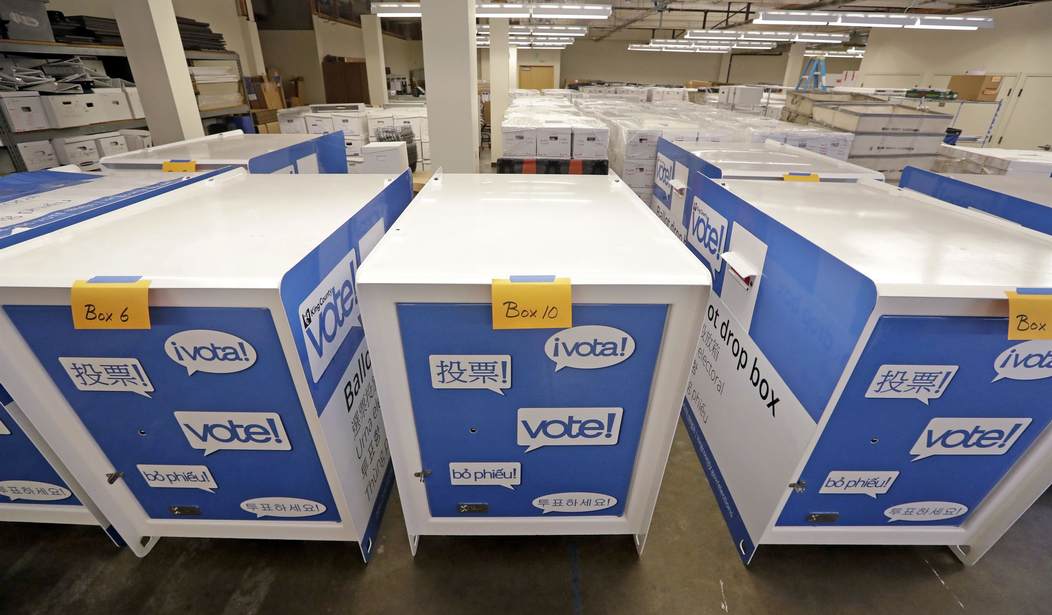

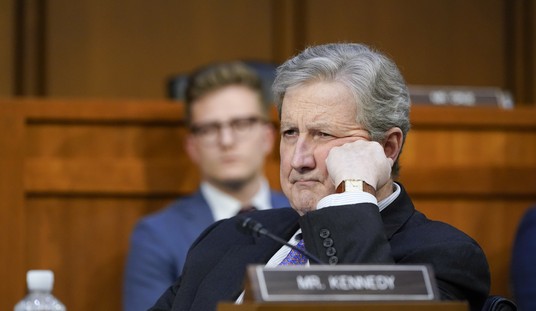
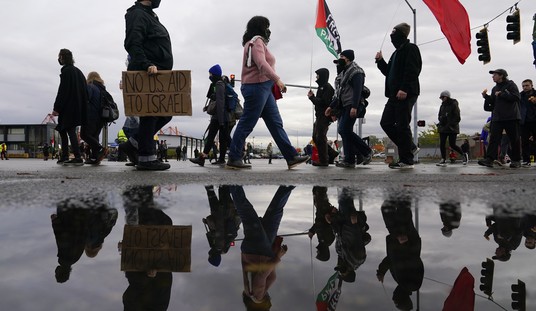

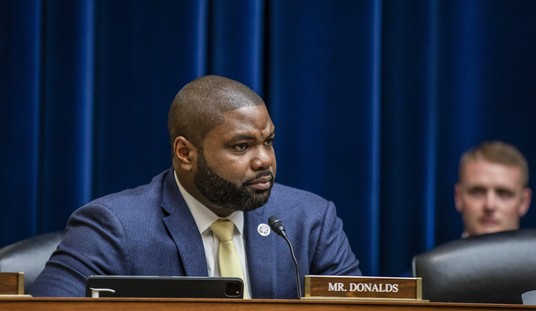


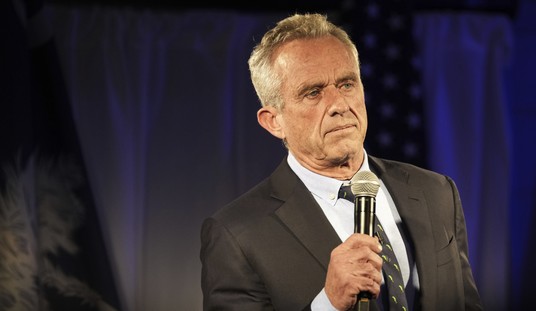
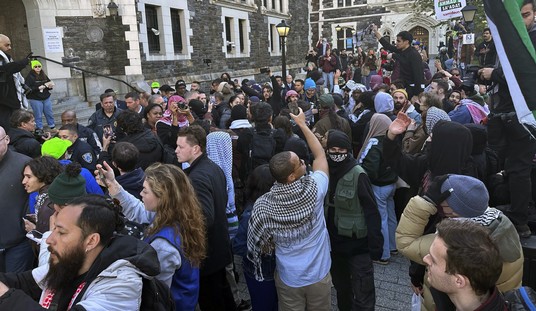
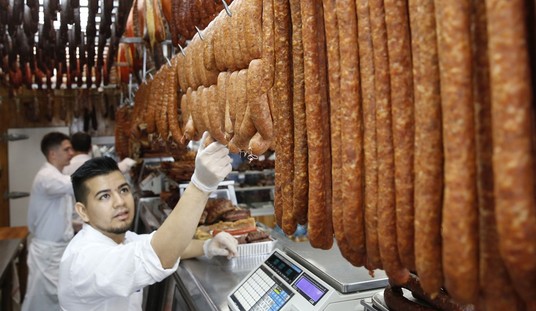
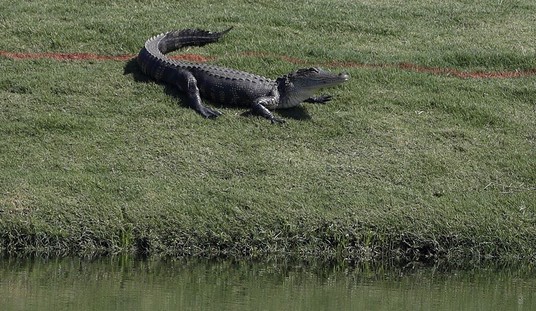
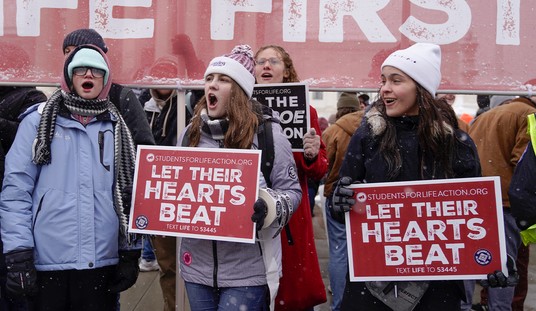
Join the conversation as a VIP Member